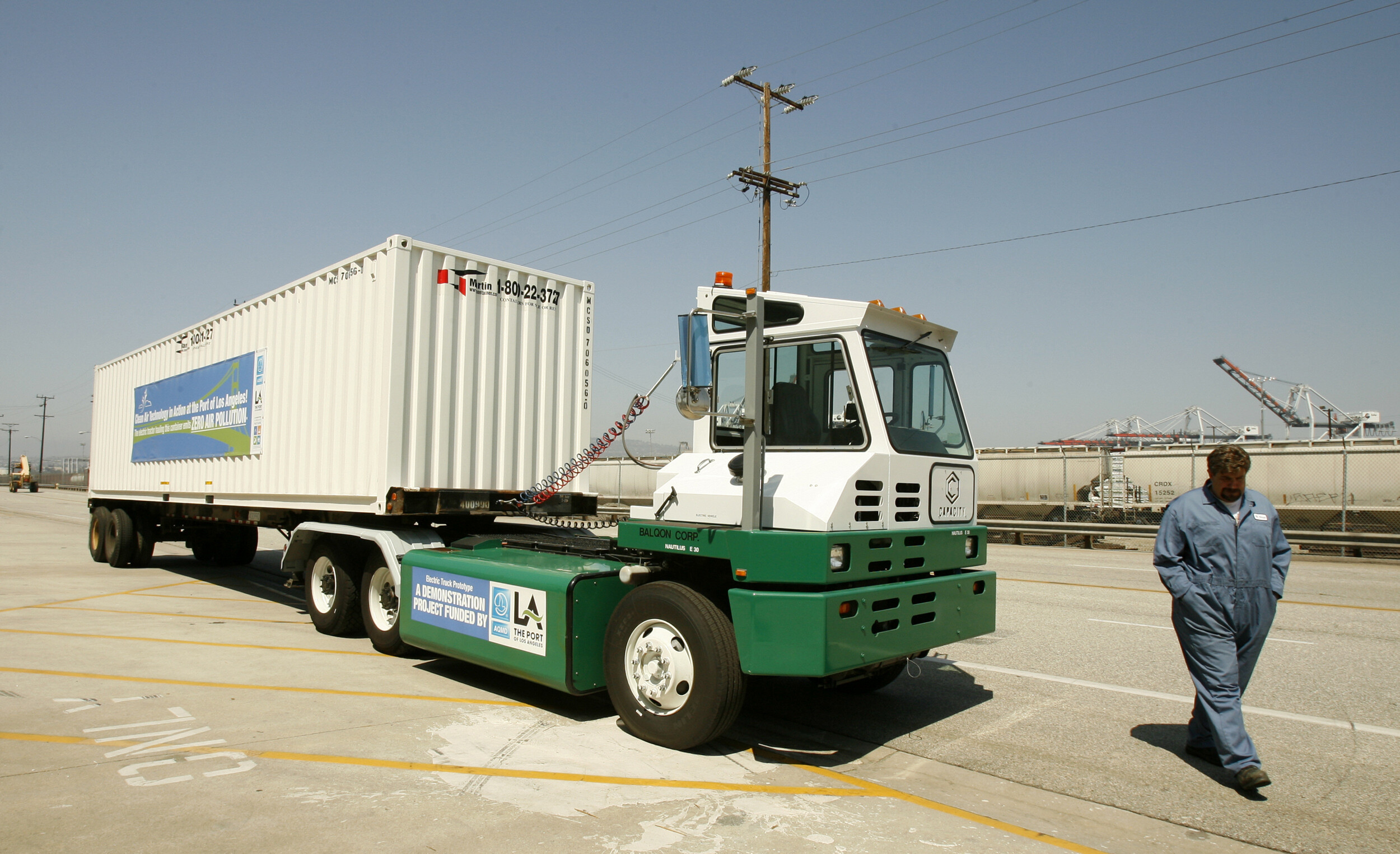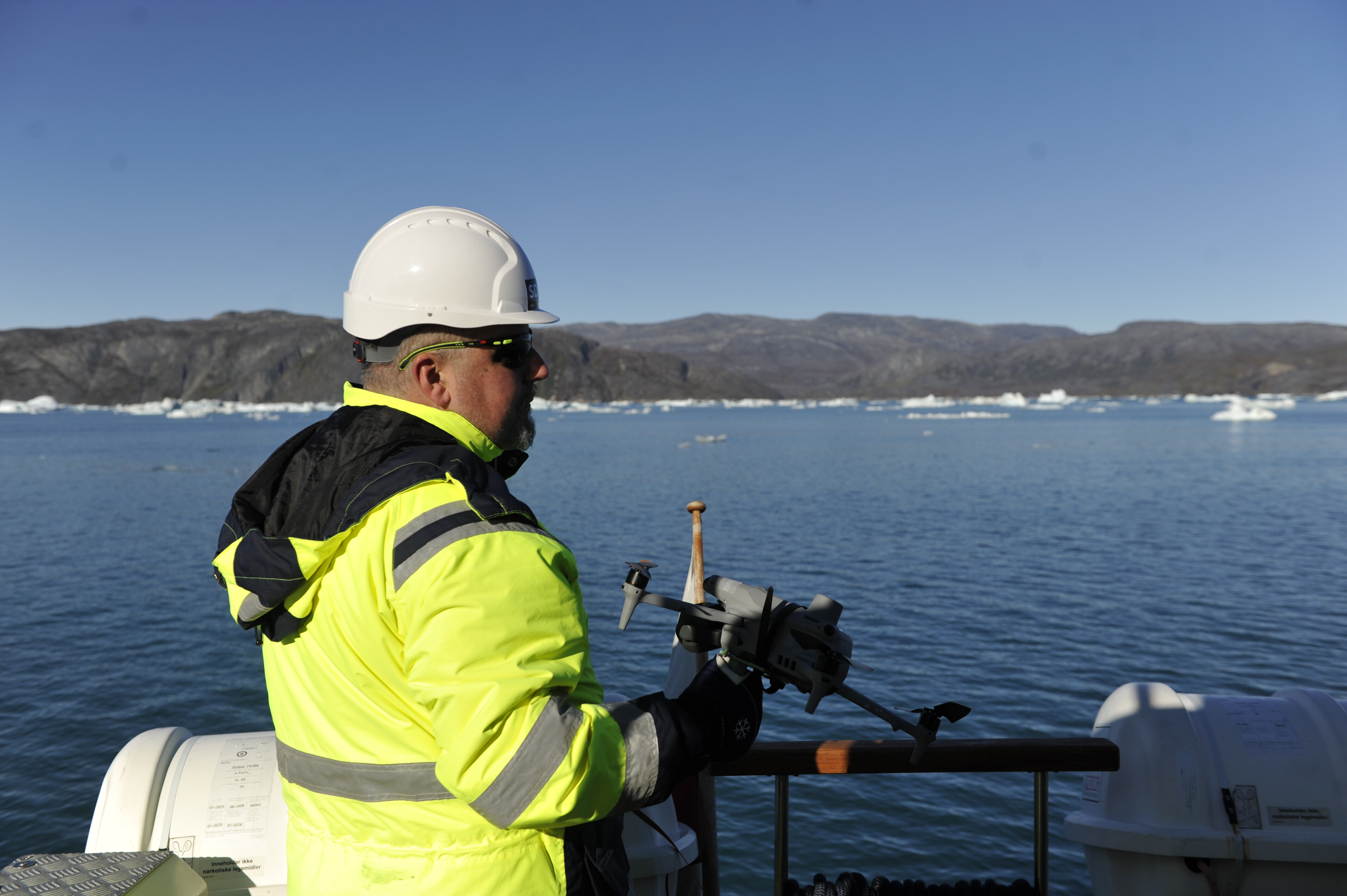These countries have committed to a net zero carbon emissions goal - could it solve the climate crisis?

Countries around the world are committing themselves to net zero carbon emissions goal Image: REUTERS/Suzanne Plunkett
After decades of work, scientists have finally agreed on a (relatively) simple answer to the climate crisis: Achieve net-zero greenhouse-gas emissions as soon as economically possible. The only thing that drives global warming is the total amount of heat-trapping gases in the atmosphere. (The “net-zero” part is that, in cases like air travel, we won’t have the technology to stop emitting; in those cases, we’ll need to build sinks to capture those emissions.)
This simple message was amplified in 2015, after every country in the world signed the Paris climate agreement. Since then, many large and small countries have committed to adopting a net zero carbon emissions goal.
Here’s the running list of such countries, compiled by the Energy and Climate Intelligence Unit. We will update the list as more countries are added or their goal status changes.

Notable absences on that list: The United States, Australia, and the Arab states of the Persian Gulf.
Despite those missing commitments, some smaller economies within those countries and others have set themselves a net zero carbon emissions goal. At the state level, that group includes California, New York, and Hawaii in the US; and New South Wales, Victoria, and Queensland in Australia. At the city level, it includes New York City, Los Angeles, London, Paris, Washington DC, San Francisco, Seattle, Sydney, Boston, Stockholm, Barcelona, Copenhagen, Austin, Melbourne, Helsinki, Manchester, Oslo, Nottingham, Adelaide, Bristol, Heidelberg, and Reykjavik.
The sum total of all these economies accounts for more than 17% of the global GDP. There’s still a long way to go to align 100% of global GDP with this goal, and committing to a goal does not mean countries or regions will achieve it. But it’s a stronger climate-mitigation stance than setting no goals at all.
Don't miss any update on this topic
Create a free account and access your personalized content collection with our latest publications and analyses.
License and Republishing
World Economic Forum articles may be republished in accordance with the Creative Commons Attribution-NonCommercial-NoDerivatives 4.0 International Public License, and in accordance with our Terms of Use.
The views expressed in this article are those of the author alone and not the World Economic Forum.
Stay up to date:
Climate Crisis
Forum Stories newsletter
Bringing you weekly curated insights and analysis on the global issues that matter.
More on Climate Action and Waste Reduction See all
Wee Kean Fong and Yvonne Zhou
November 19, 2025








